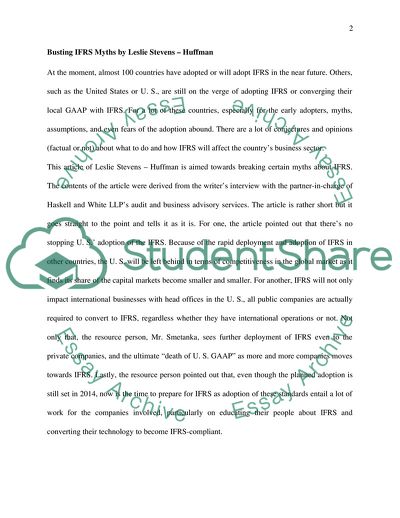Cite this document
(Changing from Local Generally Accepted Accounting Principles to Annotated Bibliography, n.d.)
Changing from Local Generally Accepted Accounting Principles to Annotated Bibliography. Retrieved from https://studentshare.org/finance-accounting/1727914-the-impact-of-changing-from-local-gaap-to-ifrs
Changing from Local Generally Accepted Accounting Principles to Annotated Bibliography. Retrieved from https://studentshare.org/finance-accounting/1727914-the-impact-of-changing-from-local-gaap-to-ifrs
(Changing from Local Generally Accepted Accounting Principles to Annotated Bibliography)
Changing from Local Generally Accepted Accounting Principles to Annotated Bibliography. https://studentshare.org/finance-accounting/1727914-the-impact-of-changing-from-local-gaap-to-ifrs.
Changing from Local Generally Accepted Accounting Principles to Annotated Bibliography. https://studentshare.org/finance-accounting/1727914-the-impact-of-changing-from-local-gaap-to-ifrs.
“Changing from Local Generally Accepted Accounting Principles to Annotated Bibliography”. https://studentshare.org/finance-accounting/1727914-the-impact-of-changing-from-local-gaap-to-ifrs.


